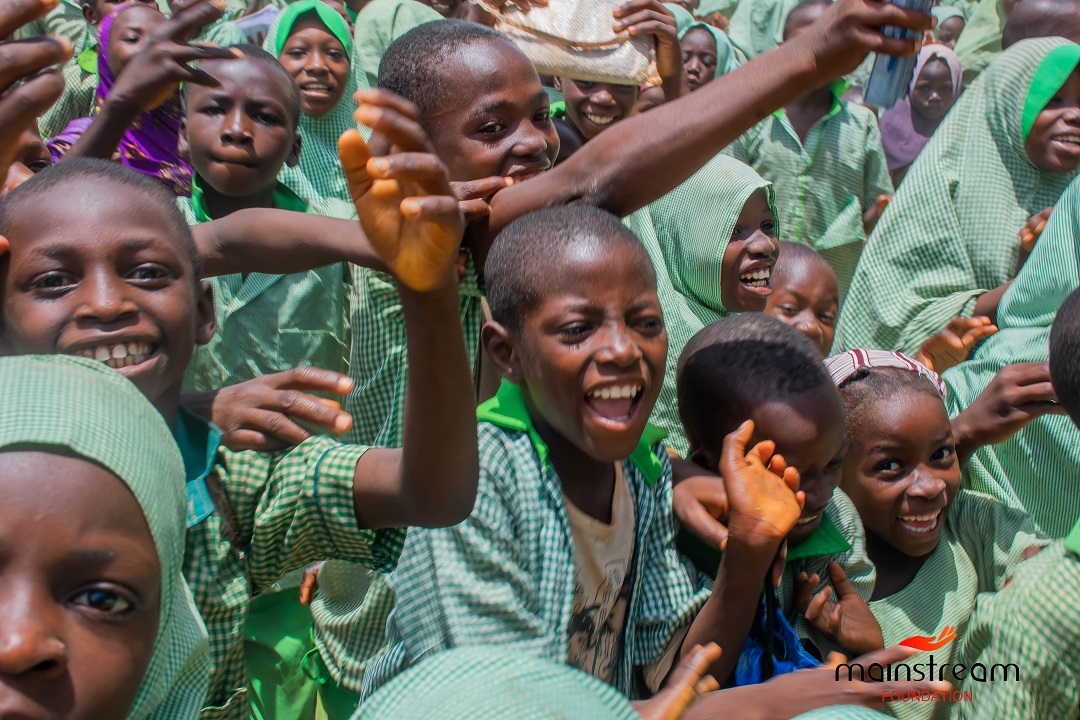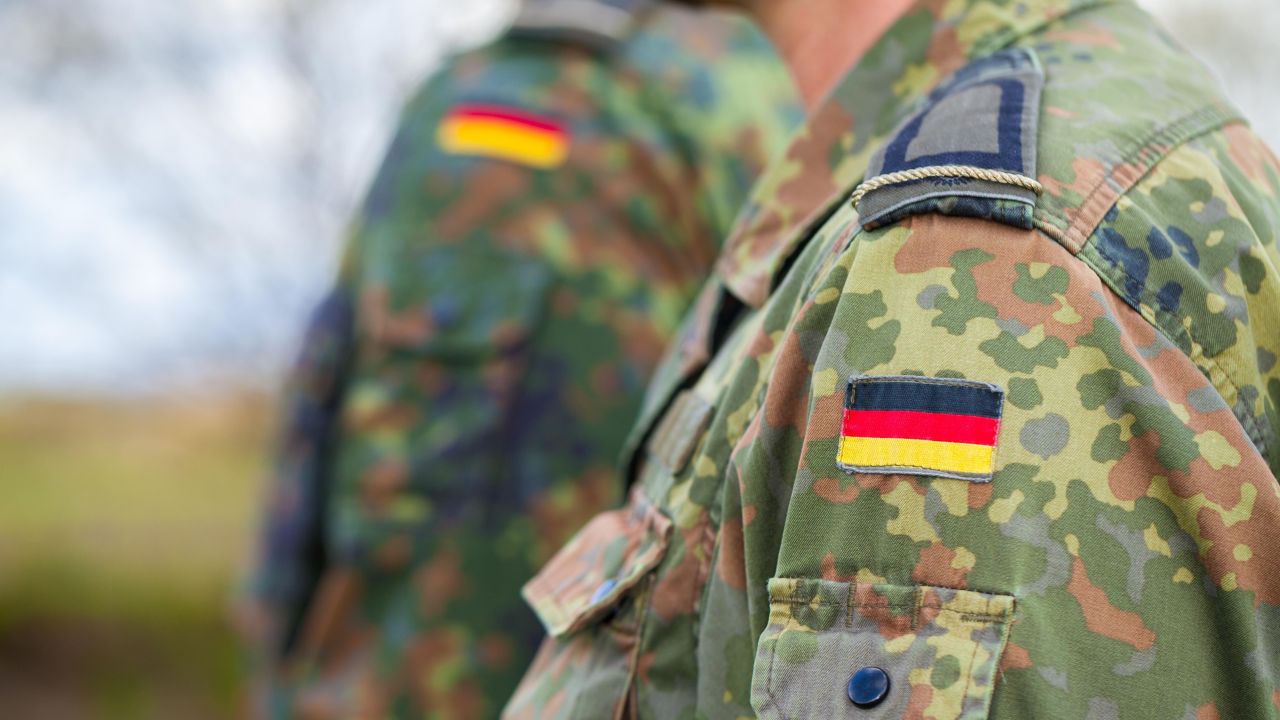 Sir: Every child has the right to education. Every child merits a secure place to call home. Every kid deserves the opportunity to flourish in a supportive environment. But for millions of children throughout the world who end up living on the streets and open to abuse, exploitation, and neglect, this is still only a pipe dream.
Sir: Every child has the right to education. Every child merits a secure place to call home. Every kid deserves the opportunity to flourish in a supportive environment. But for millions of children throughout the world who end up living on the streets and open to abuse, exploitation, and neglect, this is still only a pipe dream.
According to latest data from the United Nations Education Scientific and Cultural Organisation (UNESCO), 20.2 million children are out-of-school in Nigeria. United Nations Children’s Fund (UNICEF) further explains that one out of three children in Nigeria is out of school. The report suggests that Nigeria is home to one in five out-of-school in the world. What is the plight of these children? Where is their succour outside the home? The street.
On April 12, we marked the International Day of Street Children, which is a painful reminder of the pressing need to address the suffering of these disadvantaged children and advocate their rights. The menace of street children is not just the failure of government, it is the failure of parenting, and the failure of the society. Particularly for kids who are left to fend for themselves without the support of loving and responsible adults, the street is harsh and cruel.
A large number of street kids are from dysfunctional homes where their feeling of security has been destroyed by abuse, neglect, or poverty. Some might have been abandoned or left orphans, forced to face the perils of the streets on their own. Whatever the situation, these kids have a very difficult time just trying to survive in a dangerous world.
Exploitation and abuse are two threats that street children face. They are easy targets for predators who take advantage of their weakness in the absence of parental supervision or guidance. Traffickers may entice victims into prostitution, forced labour, or other illegal activities, depriving them of their youth and putting them through unspeakable pain. In addition, street kids frequently do not have access to basic services like healthcare and education, which feeds the vicious cycle of marginalisation and poverty.
In spite of these overwhelming challenges, street children have an incredible amount of intrinsic resilience and courage. They show bravery and resourcefulness every day as they make their way through the difficulties of living on the streets and develop strong relationships of solidarity with other street kids. They demonstrate extraordinary adaptability, coming up with creative solutions to satisfy their fundamental needs and triumphing over hardship in the face of overwhelming obstacles.
As we commemorate the International Day of Street Children, it is imperative to acknowledge the innate dignity and value of every child, irrespective of their circumstances. It is a day to give voice to homeless children and promote their rights to safety, education, and opportunities. It is a day to fight against the prejudice and stigma that frequently accompanies their real-life situations and to promote compassion and empathy in society.
Supporting street children requires a multifaceted and holistic approach that takes care of both their immediate needs and the underlying issues that make them vulnerable. Together, governments, civil society organisations, and the international community need to create comprehensive plans that give street children access to secure shelter, healthcare, education, and psychological support. Private and public institutions that are working towards this goal should be supported by philanthropists and the society as a whole. Investing in community-based initiatives, strengthening child support systems and encouraging social participation and empowerment are some examples of this.
Recognising that every child has a right to a childhood free from fear and deprivation is at the core of these initiatives. By defending the rights of homeless children and making investments in their welfare, we not only respect our moral duty to safeguard society’s most defenseless citizens, but we also contribute to the creation of a fair and just society for all.






